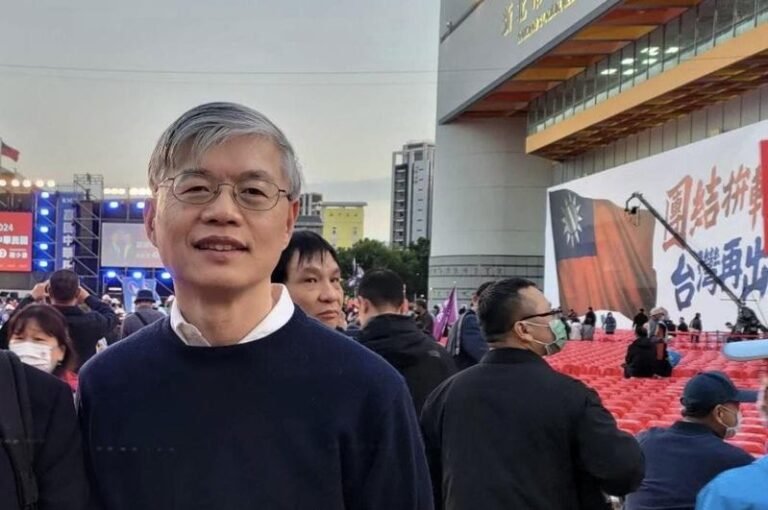
Yang Dali, a political science professor at the University of Chicago who is currently observing the elections in Taiwan, said,taiwan electionAfter the results came out, China’s Foreign Ministry and the Taiwan Affairs Office of the State Council, including…Democratic Progressive PartyThe vote rate is not more than half, which cannot represent mainstream public opinion. In addition, the Kuomintang won the Legislative Yuan election over the Democratic Progressive Party, which will restrict the president’s behavior to some extent in the future. On the other hand, China’s economy has faced challenges in recent years, and recently China is expected to ease tensions with the Democratic People’s Republic of China. With regard to US and international relations, various reports suggest that cross-Strait relations will not deepen in the short term.
Yang Dali said that overall, Taiwan’s elections this year were very beautiful, and the results came out quickly and with little controversy. Moreover, regardless of victory or defeat, political parties and candidates immediately accepted the results, even if the candidate they supported lost, he said, adding, “Voters can also accept this.” “American voters, who have experienced turmoil over the past few years due to dissatisfaction with election results, are very emotional to see Taiwan’s elections going ahead smoothly.”
He said that the election results on the 13th were generally in line with expectations. The current election is different from before and everyone’s enthusiasm is calmer than before. As expected, none of the three groups of presidential and vice-presidential candidates received more than half the votes, and no party received more than half the seats in the legislative election.
It is worth noting that the People’s Party led by Ke Wenzhe won eight non-district legislative seats this time. In a situation where neither the Kuomintang nor the Democratic Progressive Party has more than half of the seats, these eight seats have become particularly important. Ke Wenzhe’s unique status allows him to make choices, he said. Will this affect the cabinet composition in future? How long can the Popular Party maintain its influence? much attention.
In terms of cross-Strait relations,lai qingdeHe has repeatedly said that if elected, he would follow Tsai Ing-wen’s current line of cross-Strait relations. Although this line is not what China wants to see, China has dealt with it over the past eight years, so “continuity” “That’s what China likes to see, because China basically worries me that on both sides of the Taiwan Strait Lai Qingde would have different views.
According to statements by China’s Taiwan Affairs Office and Foreign Ministry, they were all headed in the direction that “the Democratic Progressive Party does not have a majority and cannot represent mainstream public opinion.” This is also China’s statement. That this has relatively reduced the impact of the election of Lai Qingde and Xiao Meiqin. At first, everyone was worried that China would be tough. China’s response so far has been relatively mild.
On the other hand, China will definitely continue to observe. In particular, although the Democratic Progressive Party won the presidential election, whether the Legislative Yuan will cooperate will become a focus of China’s concern. If the Legislative Yuan is elected by the Kuomintang as the President, the President and the Legislative Yuan are from different political parties, China will feel that the President’s behavior will be restricted, and it will feel more confident about Taiwan’s independence.
Yang Dali said that China’s foreign policy has been very volatile in recent years, but in recent months China has issued a number of signals in hopes of reducing conflict with the United States and Western countries. China is not very welcoming to foreign investment and foreign investment. Tourists in the last few years. Now, we will further expand the number of visas available to foreign tourists on arrival, and strive to attract foreign investment and foreign tourists.
The conversation between US Secretary of State Blinken and Liu Jianchao also showed that China expects ease in international relations. Furthermore, China’s economy has faced challenges in recent years. From these signals issued by China, it seems that cross-Strait relations will not deepen in the short term. In other words, from this perspective it appears conducive to cross-Strait stability.
Place